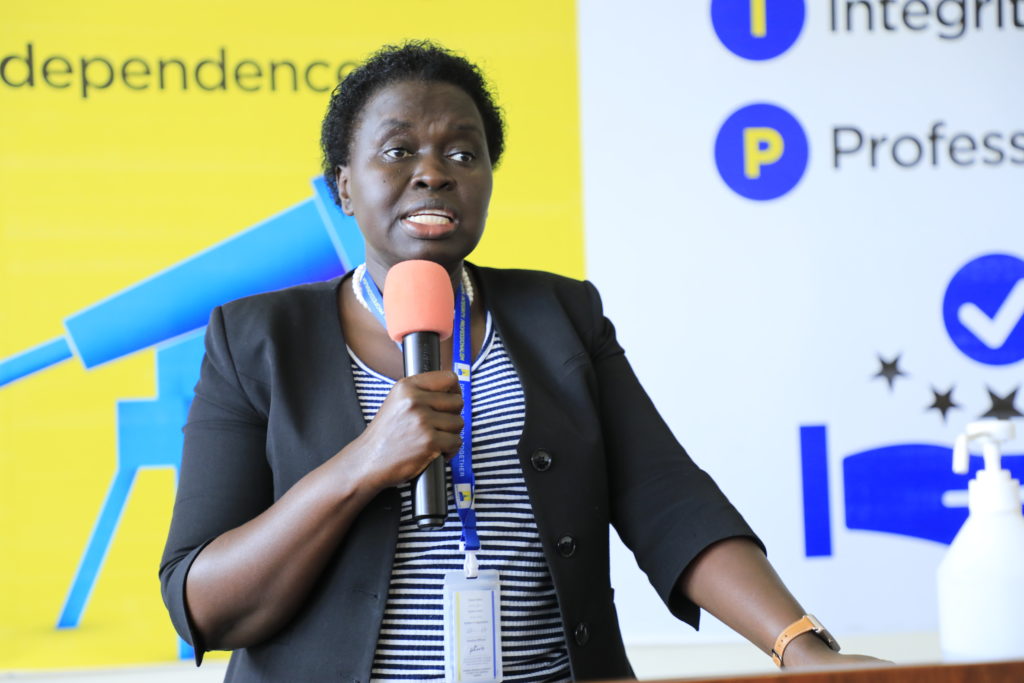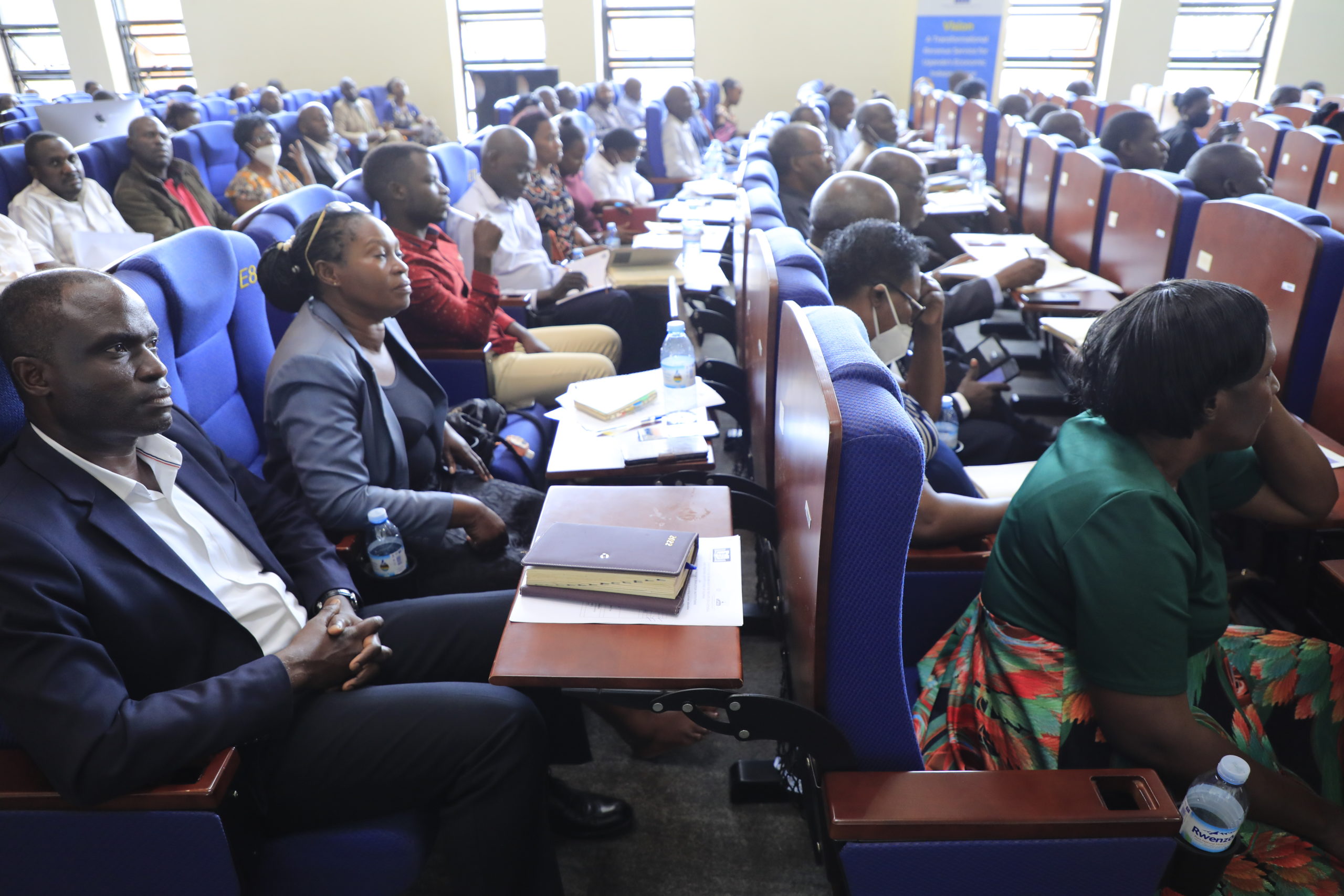By Immaculate Wanyenze
The URA team recently met with the owners of Private Education institutions in Uganda on how to cope with the tax regime. However, among the contentious issues was on payment of income tax. Most argued the difficulty in paying this tax because of VAT already payable on other amenities like water, food, electricity, school transport among others.
Hajji Kitezela Swaibu, the Chairman of Busoga Private schools added that Education is a merit good whose consumption benefits the entire society and thus the income tax law should be repealed.
“We need to collectively meet whoever made the law because our schools are going to collapse,” he angrily pressed his fellow educationists.
However, income tax is a national tax that is imposed on profits made by owners running these educational institutions and is only payable if the owner makes profits. A profit is the excess of revenue from business over expenditure in generating that income. The revenue for schools is largely generated from school fees. Their expenditures, on the other hand, relate to the education of students including staff salaries, chalk, feeding and maintenance of the school.

And although running a school also serves the social purpose of educating the community like Hajji Kitezela said, the owners of these private institutions would not venture into such role without a legitimate expectation of a decent reward – making profits. It is true that some schools may have been set up for purely providing a social service, without a profit motive. This is particularly true of mission or religious schools and other such charitable organizations. If, indeed, profits or surpluses are not made by these schools, then no tax would apply. However, in real life, a profit will arise. This profit is what is taxable at 30 per cent and applies irrespective of whether the motive was a profit one or not.
Therefore, the profit motive of running a school is not different from that of a retail shop, restaurant, clinic or any other businesses. Across the country, businesses are taxed on their profits. On top of that, some businesses are further required to charge tax on their sales (VAT).

The educationists on the other hand represented by Christopher Kiwanuka of the Association of Proprietors of Private Education Institutions called for more dialogue to ease on the tax business. For example, in areas like; registration of a company, individual reporting tax requirements, rates and due dates of taxes, taxes payable, rationale of employee TIN, classification of taxpayers, tax reliefs of education service providers if any.
Sarah Chelangat, the Commissioner Domestic Taxes pledged to listen to the plight the educationists face in a tough economy as they push for compliance. She also promised to designate staff to support and monitor issues to do with schools.

“I want you to also be pro-active in engaging us. We do not want to freeze accounts. In case you have issues in paying, we can help you develop a payment plan on a termly basis to avoid penalties like freezing accounts, she asserted.










